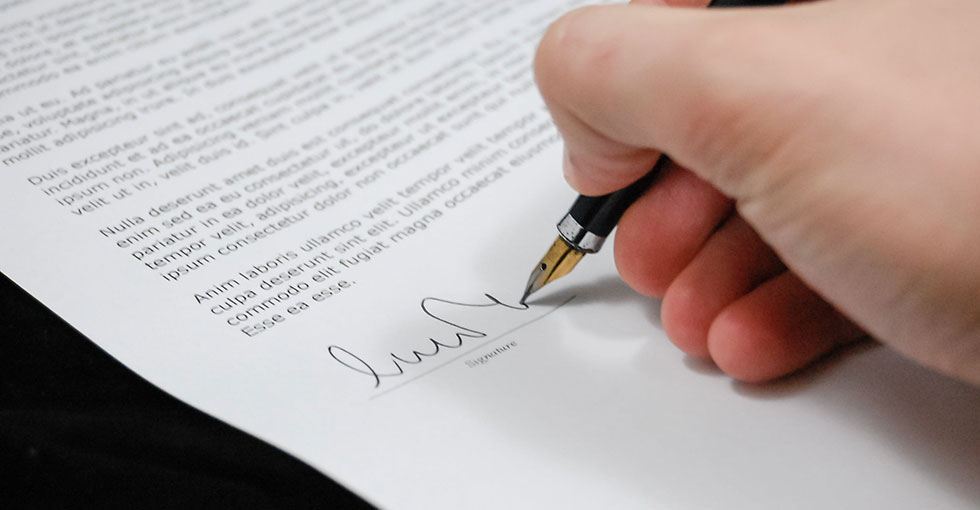In Brown v Ridley [2024] UKUT 14 (LC) the Upper Tribunal (Lands Chamber) considered whether the 10-year period of reasonable belief required for adverse possession applications must end on the date of the application (or, alternatively, whether it may be any 10 years within the period of adverse possession ending on the date of the application).
Paragraph 5(4)(c ) of Schedule 6 to the Land Registration Act 2002 provides that:
“For at least ten years of the period of adverse possession ending on the date of the application, the applicant (or any predecessor in title) reasonably believed that the land to which the application relates belonged to him”.
Megarry & Wade: The Law of Real Property comments on the ambiguity of this section as follows:
“One aspect of the third condition remains the subject of uncertainty. It is not known whether the 10 years of reasonable belief must continue until immediately before the date of the application. Clearly a requirement that S submit her application on the very day her belief ceases, or ceases to be reasonable, is impracticable and cannot have been the intention of Parliament. The wording of the statute leaves it unclear as to whether any period of 10 years within the period of adverse possession will suffice, or whether a reasonable period may elapse between the ending of the belief or of its reasonableness provided that the squatter acts promptly” (7-098)
Currently the most authoritative statement of the correct construction is in Zarb v Parry [2011] EWCA Civ 1306 where Lady Justice Arden said:
“If a person discovers that his boundary is in fact on his neighbour’s land and that he has been in possession for ten years, he can if he acts promptly apply to the Land Registry to be registered as proprietor of any land outside his title.” ([55]).
In other words, the 10-year period of reasonable belief must end on the date of the application subject to a grace period if the applicant acts promptly after the belief comes to an end.
This dictum has often been stated to be obiter. However, in Brown v Ridley, the Upper Chamber President, Johnson J held that:
- Zarb v Parry is binding authority because that construction was part of the carefully considered ratio decidendi of the case; and
- Zarb v Parry is wrong on that point.
Johnson J said:
“161. Drawing together all of the above analysis my views on the issue of construction of paragraph 5(4)(c), for what they are worth and with due respect to the Court of Appeal in Zarb, can be summarised as follows:
- The correct construction of paragraph 5(4)(c) is that the period of ten years during which the reasonable belief in ownership must exist can be any period of ten years within the relevant period of adverse possession.
- The period of ten years during which the reasonable belief in ownership must exist is not confined to the period of ten years ending on the date of the relevant application for registration, assuming that the relevant period of adverse possession ending on the date of the relevant application is longer than ten years and provided that the period of reasonable belief falls within the relevant period of adverse possession.”
Accordingly, it can no longer be argued that the Zarb v Parry construction of paragraph 5(4)(c) is obiter, but its days may be numbered.
We may not have to wait long for a definitive decision because the appellant has been given permission for a “leapfrog” appeal to the Supreme Court.
Whilst every effort has been taken to ensure that the law in these articles is correct, they are intended to give a general overview of the law for educational purposes. Readers are respectfully reminded that it is not intended to be a substitute for specific legal advice and should not be relied upon for this purpose.
Please also note that these articles represent the opinion of the authors and does not necessarily reflect the view of any other member of chambers.










